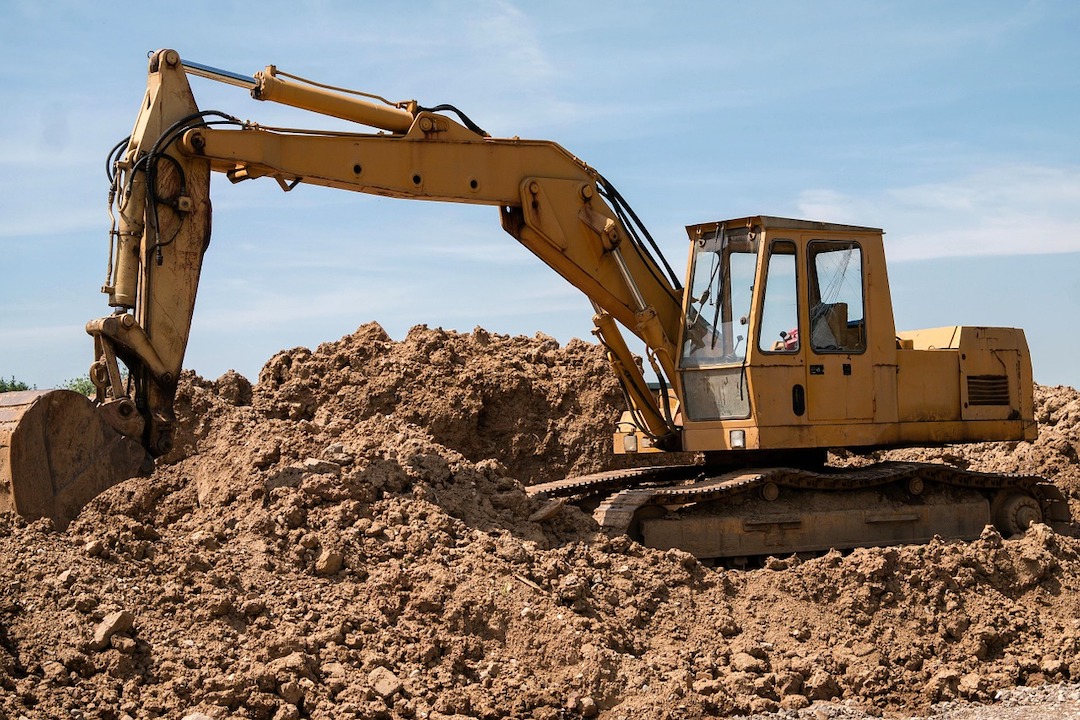The nation’s 811 utility location system is significantly flawed, according to a new survey of construction firms that perform underground excavation work.
The survey report, released by the Associated General Contractors of America, found that more than half of the responding firms reported damages and near misses because lines were unmarked or marked incorrectly. “Most contractors say that calling 811 often leads to inaccurate line marking and that utility firms are often very slow in coming out to locate and mark their underground lines,” according to an AGC news release.
Seventy-eight percent of firms who found weaknesses said the biggest problem is the lack of accurate utility locating by utility owners and operators. And 56% of firms with concerns about the 811 system said slow utility owner and operator response times are a significant weakness.
Many firms reported being unfairly blamed for damages even after contacting 811. The survey found that nearly two-thirds of contractors received a claim from a utility owner and operator for damage to a line the construction firm was not responsible for damaging.
“We need to fix the 811 system to make sure utility firms are doing their part to accurately mark their lines,” said Stephen E. Sandherr, AGC CEO. “Too few utility firms are being held accountable for doing their part when it comes to helping contractors avoid hitting underground lines.”
Related Stories
| May 3, 2012
Green-roof requirement now includes industrial facilities in Toronto
A mandate that requires installation of green roofs on new commercial and residential buildings in Toronto has been expanded to include industrial facilities.
| May 3, 2012
Innovative wastewater treatment helps achieve LEED rating
LEED for New Construction, Neighborhood Development and the LEED Volume Program offer some ways to achieve LEED points when dealing with wastewater treatment.
| Apr 26, 2012
Lack of bolts on steel support caused collapse at Cincinnati casino
Too few bolts connecting horizontal steel support beams with vertical steel columns was the cause of January’s construction accident at Horseshoe Casino Cincinnati, according to the report of the Occupational Safety and Health Administration.
| Apr 26, 2012
OSHA criticized for taking too long to roll out safety rules
The Occupational Safety and Health Administration takes far too long to adopt new safety regulations compared to other agencies’ development of rules, safety experts said during a Senate hearing.
| Apr 26, 2012
Contractors fear that GSA scandal will lead to fewer federal construction contracts
In the wake of the recent scandal at the General Services Administration in which workers spent lavishly at a Las Vegas conference, a spokesman for Associated General Contractors of America said contractors are worried the scandal will result in cuts to GSA's construction and renovation budgets.
| Apr 26, 2012
Developers can use LEED wastewater credits to help gain approvals in environmentally sensitive locales
Those wanting to pursue development in heavily regulated and environmentally sensitive areas are benefiting by designing projects that qualify for LEED points, even if the project as a whole does not achieve certification.
| Apr 26, 2012
New York City Council moves to license elevator mechanics
New York’s City Council introduced a measure last week that would require the city’s 7,000 elevator mechanics to meet national standards and be licensed by the city.
| Apr 23, 2012
AAMA releases updated specification for anodized aluminum
AAMA 611-12 describes test procedures and requirements for high performance (Class I) and commercial (Class II) architectural quality aluminum oxide coatings applied to aluminum extrusions and panels for architectural products.















